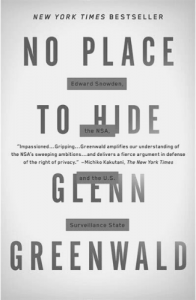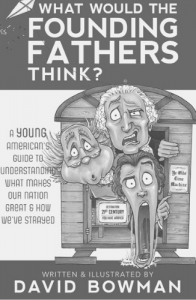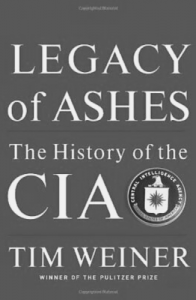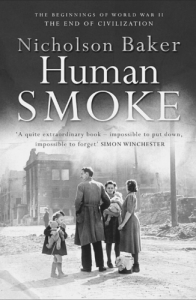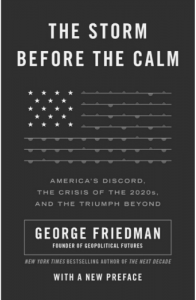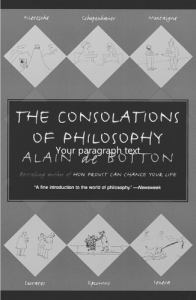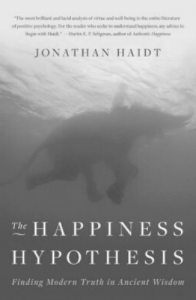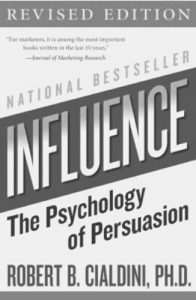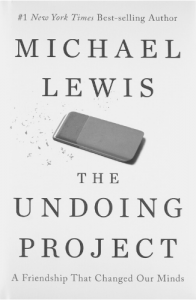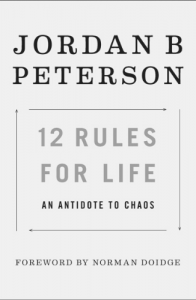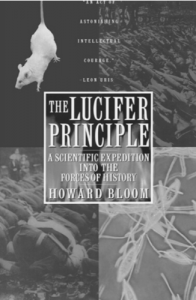Table of Contents
Below is a list of political non-fiction novels, as well as a selection of social science non-fiction books.
Political Non-Fiction
Glenn Greenwald’s No Place to Hide: Edward Snowden, the NSA, and the U.S. Surveillance State
When Greenwald met Snowden the world as we know it changed forever. No longer could federal snoops hide behind plausible deniability with regard to all-pervasive electronic spying. In this book, Glenn Greenwald, one of the last true investigative journalists, relates the meeting that changed the world, his encounter with Edward Snowden.
Mary E. Webster’s The Federalist Papers In Modern Language: Indexed for Today’s Political Issues
The Federalist Papers are arguably more important than the Constitution itself because they provide critical insight into the context of what the Bill of Rights and other parts of the Constitution mean. This volume updates the somewhat archaic language into a more modern vernacular that’s easy to read.
David Bowman’s What Would the Founding Fathers Think: A Young American’s Guide to Understanding What Makes Our Nation Great and How We’ve Strayed
A book for parents seeking a pro-freedom curriculum on American civics and history. But it’s sometimes worth viewing the world through a younger person’s eyes and this book excels at such. “What would the Founding Fathers think?” is a simple question, but an incisive one and absolutely worth exploring.
Tim Weiner’s Legacy of Ashes: The History of the CIA
What’s wrong with the CIA? A lot. And the rot comes from the trunk, not the branches. This is the main argument of Tim Weiner in Legacy of Ashes, but there is a profound nuance to his presentation: The problem here is that a Keystone Kops CIA is inadequate for a world needing actual intelligence services. It is, to coin a phrase, “a matter of national security.”
Nicholson Baker’s Human Smoke: The Beginnings of World War II, the End of Civilization
Who were the good guys in World War II? The answer might seem obvious, but—and bear with us—what if there weren’t any? Often lazily accused of “revisionism,” Human Smoke portrays the villainous nature of the Allies honestly alongside the villainous nature of their rivals. The result is a World War II that’s not a heroic quest, but a human tragedy. Indispensable pacifist history meticulously researched and annotated.
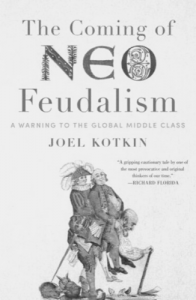
Joel Kotkin’s The Coming of Neo-Feudalism: A Warning to the Global Middle Class
There is a name for the type of socio-political system emerging in the United States, and it’s not “democracy” of any stripe, but neofeudalism. Increased imbalances in economic, political, and military power mean a de facto concentration of power in the hands of a well-connected and affluent elite. Learn why this is an important new development in American history and what can be done to resist it.
George Friedman’s The Storm Before the Calm: America’s Discord, the Coming Crisis of the 2020s, and the Triumph Beyond
What if all the upheavals of the early 20th Century were simply the prelude to a renewed America? This is the question posed by George Friedman in The Storm Before the Calm. With an unflinching eye toward the socioeconomic changes of neoliberalism and its consequences, he nevertheless sees a bright silver lining in part because such upheavals are all in line with American tradition.
Social Science Non-Fiction
Alain de Botton’s The Consolations of Philosophy
Quick highlights of philosophy for the modern man with a practical mind. This book compiles and explains the core essence of various philosophers and what it helps us to understand about our own troubles in life from illness to losing a job, to feeling lonely. Excellent attention to the Roman Stoic and German Pessimist traditions.
Johnathan Haidt’s The Happiness Hypothesis: Finding Modern Truth in Ancient Wisdom
The definitive exploration of status anxiety, The Happiness Hypothesis questions why we are unhappy by exploring some of the most common, high-level reasons for human unhappiness, such as a lack of perceived success. The book likewise provides helpful practices for cultivating a happier life.
Robert B. Cialdini’s Influence: The Psychology of Persuasion
Good ideas don’t matter if they don’t have influence. What’s more, influence isn’t just something someone has, it’s something someone—you—can cultivate. Oftentimes we feel that it can be frustrating that people are not convinced by our ideas. But perhaps there is more to convincing someone than simply good ideas. Influence explores this “something else” and explains how to master it.
Michael Lewis’ The Undoing Project: A Friendship That Changed Our Minds
Much of the 20th Century’s psychology and sociology, and thus public policy, was predicated on a lie: the lie of the rational actor. Two Israeli psychologists, Daniel Kahneman and Amos Tversky, showed dramatic evidence that the brain is not the rational machine it was thought to be, but consistently errs, particularly in novel situations. This book is the story of the friendship and partnership between two very different men who made that discovery.
Jordan B. Peterson’s 12 Rules for Life: An Antidote to Chaos
Few books written in this century have been as influential as 12 Rules for Life. The book swept in a revolution among young men seeking ways to improve their own lives in ways they could control. This predictably caused a moral panic among those who only want to control others. The book that made a million beds!
Howard Bloom’s The Lucifer Principle: A Scientific Expedition into the Forces of History
Is nature “red in tooth and claw?” Scientific evidence points strongly toward “yes,” from the very beginnings of life. This means that war and violence are man’s inheritance. But rather than being an excuse for malevolence, it is a call to humility, especially in the age of nuclear and biological weaponry.
